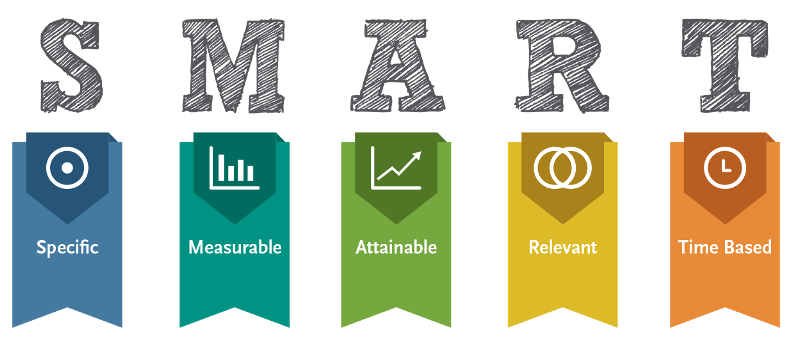Reading time: 1 min.
Activity without purpose has no meaning. Having a clear goal enable us to measure progress, keep direction and allows us in making changes to the activities required for reaching the goal.
Investing is not an exception here. Generally, all investors have either conscious or unconscious goals on their mind – either a good education for their kids, securing comfortable retirement or saving money for a travel around the world etc. Even the simplest “just investing my free cash” will have some investment expectations attached – for example, generating returns in excess of inflation, or a doubling of the amount of money invested.
There are different ways to set investment goals and finding comfortable answers to the following questions might be one of them:
1. What should my investment be worth at the end of the investment period?
Price tags can be attached to most of the goals. In case we do not have any idea how much something could cost in the future, a simple math with current price and average inflation will help to come to an educated guess.
2. How large should be my initial investment?
Keep in mind, that your initial investment is just a part of total investment as regular contributions could be added to your initial investment over time.
3. What is my investment horizon?
Investment horizon refers to the potential end date of the investment, The length of an investment horizon is one of the key drivers defining your risk tolerance and suitable asset allocation. If your investment goal is saving for a downpayment of a new car and your expect it to happen is 18 months, you will probably be limited to low risk and low yield savings products. If you are 25 and your goal is securing a comfortable retirement in your 70s and later, your investment period might be around 50 years, allowing to think of much wider array of higher risk and higher expected return assets like equities and real estate.
4. Are my current investments in line with my goals?
Past performance is a good foundation you can use on building which to build your realistic expectations. It is also good to pay attention to historical inflation rates.
5. How active could or should I be in managing my investments?
Some investors find themselves very comfortable to active and day-to-day investment management activities – finding qualifying investment opportunities, conducting due diligence, making and monitoring the investments. Other might like more passive approach and delegating their investment management activities to trusted professionals. A combined approach is might suit for another type of investors.


